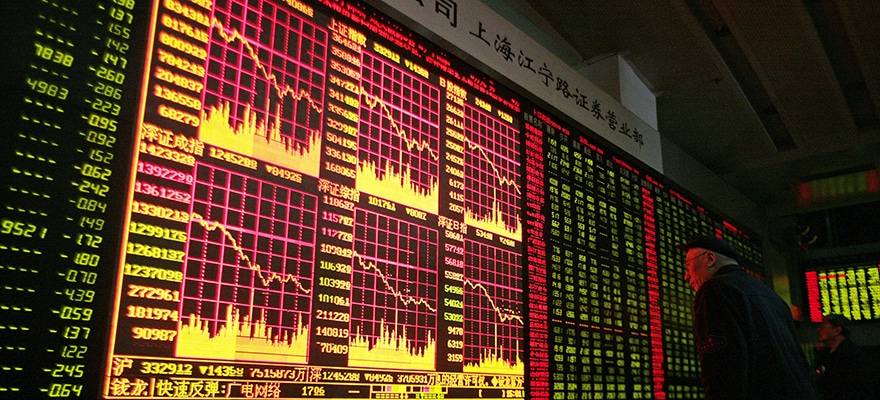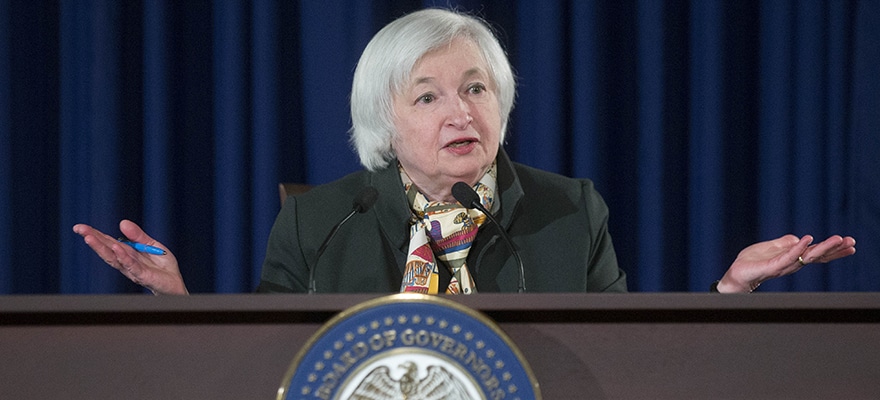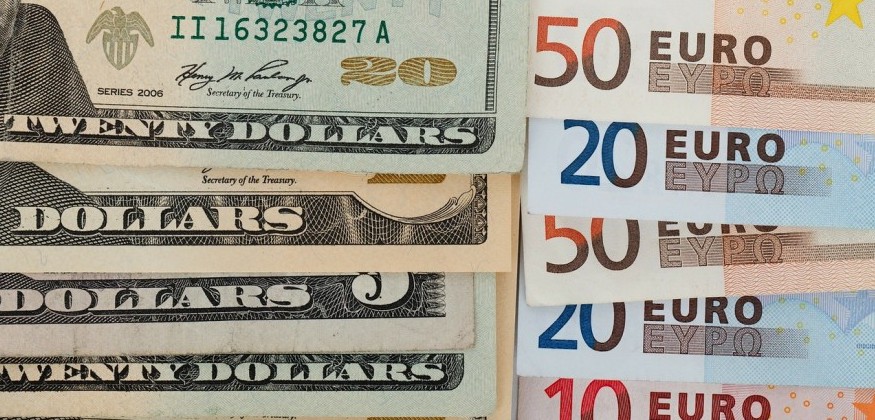As encouraging Chinese economic data emerges amidst the turmoil of the country’s stock markets, investors may be wondering what to do next. The article looks at the investment rollercoaster that the Chinese investor faces in a volatile market.
Where Can Chinese Investors Turn?
Chinese citizens have benefited from the Middle Kingdom’s economic rise and a new class of investors has emerged, who have sought out avenues in which to invest their new-found fortunes.
In a recent article in The Conversation, Michele Geraci explains that as previously popular investments options, such as real estate and casinos, became either too risky or less lucrative, investors turned to the Shanghai and Shenzhen stock markets instead.
With the casino route closed and real estate off the table, what was left? The Shanghai and Shenzhen stock markets.
High capital requirements and more stringent regulation on the purchase of real estate meant that benefiting from this growing market became beyond the reach of ordinary citizens. At the same time, President Xi Jinping’s anti-corruption campaign has deterred capital from flowing into Macau’s gambling industry. Indeed, Geraci points to a strong correlation between the stock market’s performance and dwindling casino revenues.
Geraci: “With the casino route closed and real estate off the table, what was left? The Shanghai and Shenzhen stock markets: the two main stock markets that had remained dormant for years.”
Retail investors have therefore flocked in droves to the country’s stock markets, comprising 80% of the market. The second-largest equity market in the world now hosts 90 million individual investors, while 170,000 new accounts were being created on a daily basis prior to the start of the stock market meltdown.
The Stock Market Gamble
After the Shanghai has gained more than 150% over the past year, it all came tumbling down on June 12, 2015. By July 9, the market had fallen by 30%.
Many investors simply suffered from a lack of information. Investing in shares had become akin to placing a bet. Indeed, the enthusiasm to invest in the stock market did not correspond to real economic conditions or the earning forecasts of the underlying companies.
Not that investors could get reliable information if they wanted it. Financial statements published by listed companies were not to be relied upon. Instead, there was a heavy reliance on technical analysis and charts – “A method that tends to predict future share price based purely on the company’s past performance, with no regards to its fundamentals”, according to Geraci.
And many investors had taken highly leveraged positions, with shadow banks more than willing to offer investor Leverage . Not only did this add to the stock market’s unsustainable inflation, but it has also left many investors in dire straights since the crash.
CPC Muscle
The debacle has certainly provided an opportunity for the Chinese communist party (CPC) to demonstrate its ability to quell market Volatility .
Following the crash, the government made a concerted effort to halt downward movements; canceling IPOs, creating a fund to soak up unwanted shares, banning institutional investors and major shareholders from selling, suspending trading of some firms and attacking shorting stocks.
The question of whether the Chinese government is powerful enough to control the stock market has been answered with a resounding ‘yes’.
It seems to have done the trick; the markets having stabilized - for now. According to Noah Smith in an article for Bloomberg, the stabilization was inevitable in light of the CPC’s mighty manipulation: “When shareholders are not allowed to sell and are encouraged to buy, pretty much only one thing can happen, which is that stocks go up.
So the question as to whether the Chinese government is powerful enough to control the stock market has been answered with a resounding ‘yes’."
Although to be fair, the Chinese stock market represents only a small portion of the Chinese economy, as former Clinton Treasury Secretary, Larry Summers, pointed out on Monday.
Furthermore, the measure may serve to simply ”transfer the risks from investors to brokerage houses," according to Geraci. “It does not change the fact that the market has increased by 70% over the last year. The bubble, if it is a bubble, still has a long way to go.”
Reality Check
The risky and over-inflated stock market remains a loose cannon. Indeed, share prices have been and continue to be disconnected from underlying economic fundamentals.The stellar rise of the Chinese stock market prior to the crash certainly wasn’t justified by dividend yields, return on equity or other financial characteristics of companies.
The question now is, where will Chinese investors turn?
Furthermore, the most recent raft of economic data shows China exceeding expectations, with the main GDP numbers rising 7% YOY, ahead of predictions, while the Shanghai composite remains sluggish. This tension only underlines the weak relationship between stocks and the underlying economy.
Which means we may not have seen an end to the chaos. Noah Smith again: “The pessimistic case for China is that stocks may still be overvalued...That would mean that expected returns on Chinese stocks are still negative -- in other words, the market has more to fall. In this pessimistic scenario, selling pressure hasn’t been eliminated, just frozen. It is still pent up, waiting to be released.”
With such a gloomy prognosis, the stock market may just prove to be too much of a gamble. The question now is, where will Chinese investors turn?






















